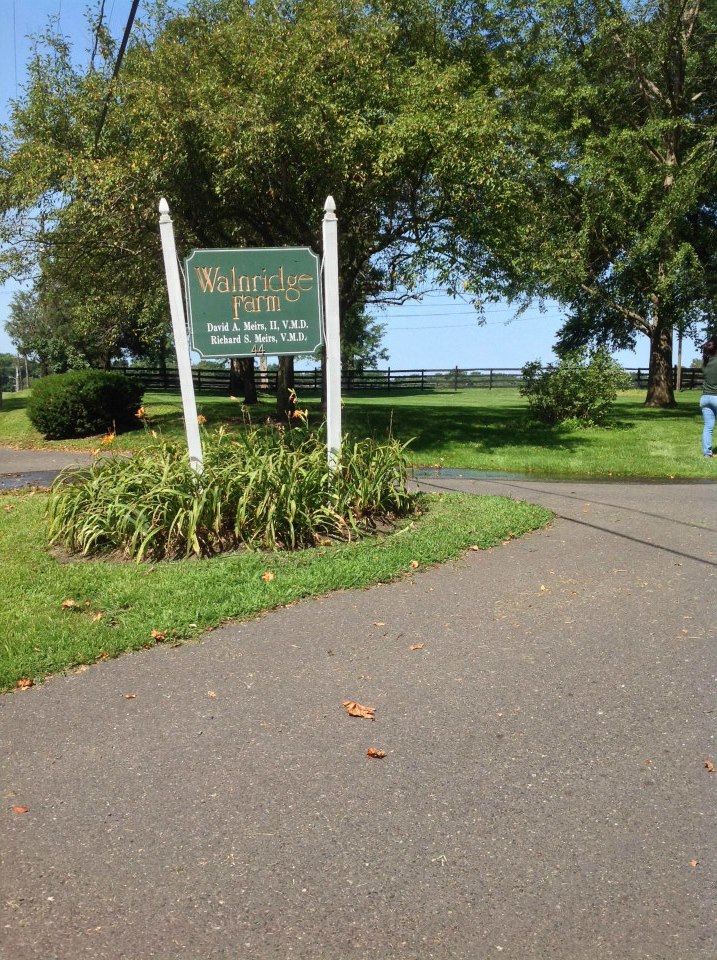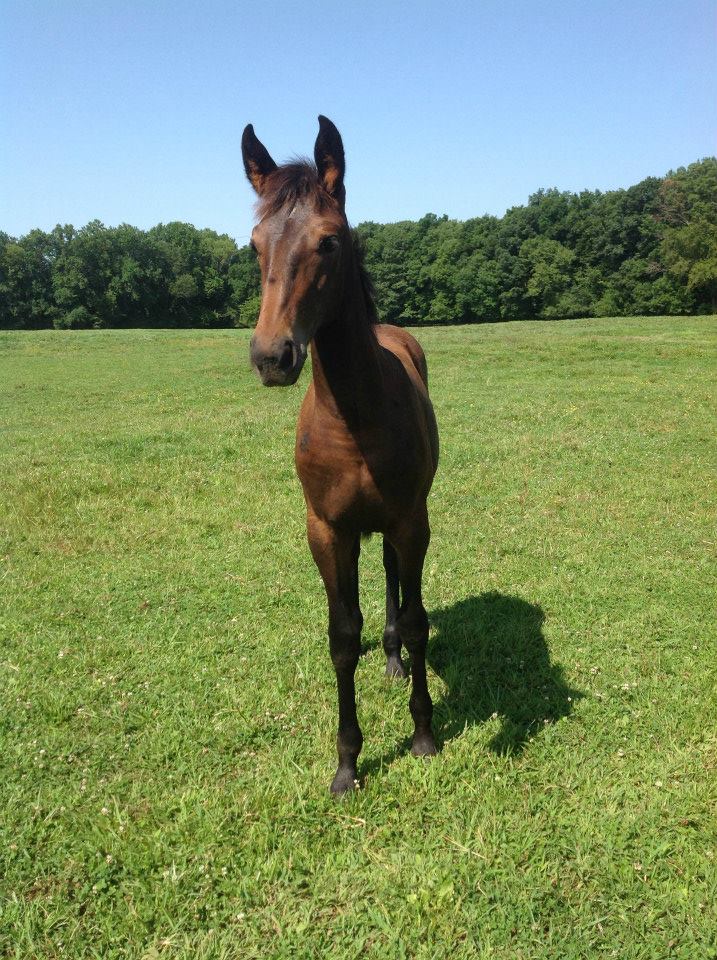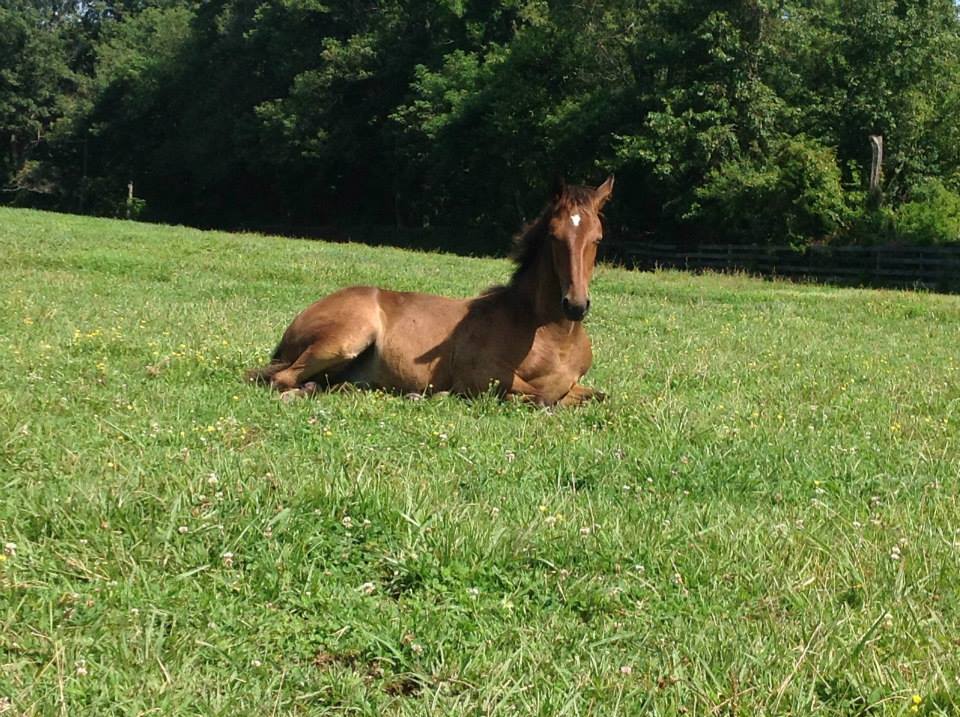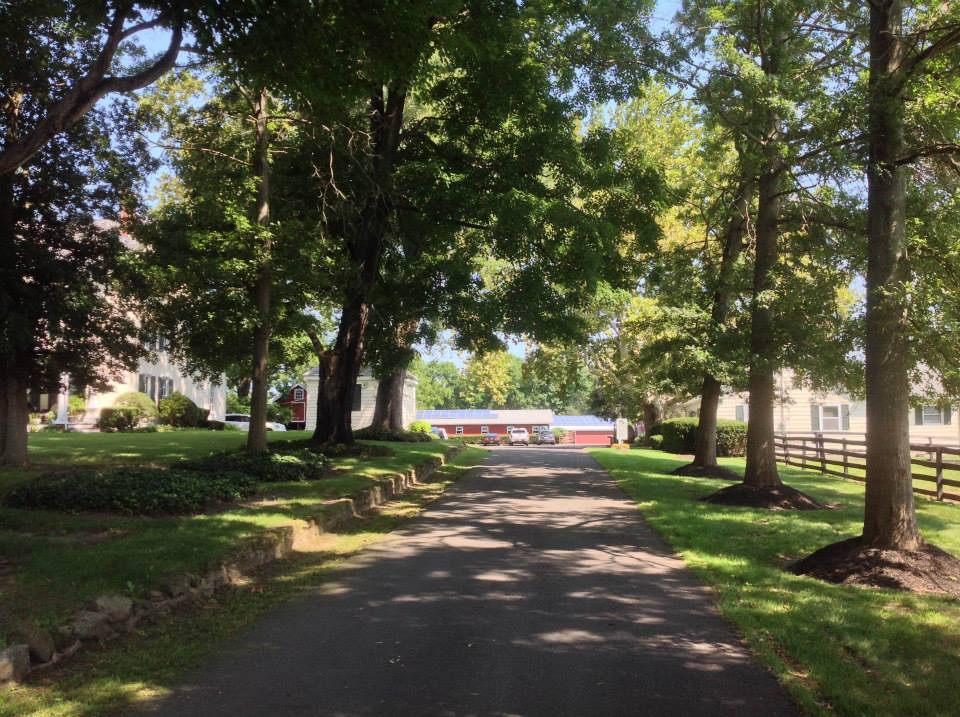
Walnridge Farm’s Dr. Richard Meirs is a breeder apart
The New Jersey breeder is carrying on his family’s boutique breeding business.
by Debbie Little, for Harness Racing Update (published October 3, 2023)
As the first crop of Cattlewash sells at this week’s Lexington Selected Yearling Sale, Dr. Richard Meirs can feel particularly proud, because in his 4-year-old season Cattlewash both raced and stood stud at Meirs’ Walnridge Farm.
At the end of their top colt’s 3-year-old season, many owners stand at a fork in the road to which Meirs, quoting the great Yogi Berra in part, would say “Take it.”
As he did with Cattlewash in 2021, Meirs offers a third option at his farm in Cream Ridge, NJ, where stallions can both stand and race.
This season, both Alrajah One IT and Southwind Ozzi pulled double duty, racing as well as standing with Meirs.
If it seems like a strange niche that Meirs has found for himself, you could say it’s in his DNA.
“Well, ironically, my father was one of the founders of the New Jersey Sire Stakes,” Meirs said. “And in the process of trying to get stallions to New Jersey, he wrote in the regulations that stallions would be permitted to race and breed in the state of New Jersey. So, he was, more or less, the brainstorm to the concept.”
Walnridge Equine Clinic was established by Richard’s dad, Dr. David Meirs II, in 1965, seven years before the birth of the NJSS program. According to Richard, prior to his dad coming up with his ground-breaking idea, the regulations read that if a stallion was going to be registered in the state of New Jersey, it could not leave the state for the breeding season. So, under those rules, Muscle Hill, Walner, Six Pack or Perfect Sting — all stallions that currently stand in New Jersey — could not have left the state of New Jersey without specific consent from the sire stakes, save for a medical emergency.
“But my dad brainstormed this idea, that if we’re going to get genetics to the state of New Jersey, it would be helpful if we could permit stallions to race and breed at the same time, and give them an exemption to travel out of the state to race and they would be eligible for the New Jersey Sire Stakes,” Richard said. “So, a lot of things have happened in the State of New Jersey over the period of time that I’m referring to, the mid-seventies, until current times.”
Another tine in the aforementioned fork and perhaps one that makes what Richard is doing at Walnridge even more important, is the Stallion Restriction Condition, better known as the “Gural Rule.”
“If you have a 3-year-old stallion and you want to have the foals eligible to race in New Jersey at The Meadowlands, you have to have that stallion campaign at 4 or you have to have a medical exemption,” Richard said. “And, you know, this dialogue started to swirl in the industry about what are we going to do to get these stallions so that they aren’t jeopardized by the Gural Rule. So, that rule is in place and that rule is one of the rules that’s brought me stallions, most notably Father Patrick and Cattlewash.”
In an interview with HRU back in June, Mike Klau, syndicate manager for Southwind Farms in Pennington, NJ, complimented the unique situation that Richard has at Walnridge.
“Walnridge has been the place — and this is a testament to Dr. [Richard] Meirs — where people stand horses and race them,” said Klau. “Bettor’s Wish was there. Father Patrick was there.
“So, they do a great job with those horses where they can go back and forth from training to breeding. That’s kind of been their niche.”
Richard is currently the director of the Walnridge Equine Clinic and president/general manager of Walnridge Farm, following in the footsteps of his dad and older brother, David Meirs III. When asked about his notable niche, he was extremely modest.
“So, to be very honest with you, I’m the only person that does it,” Richard said. “Those guys have given me a lot of credit, but the credit is not really an indication of anything other than the fact that I’m the only one that’s kind of crazy enough to do all the logistics and to be willing to try to market these horses that are on the racetrack.

“I’ve always done a tremendous number of stallion fertility evaluations for sales and exports and syndications, so my reputation and my dad’s reputation and the farm’s reputation for being capable of providing quality care for stallions in the breeding shed has preceded me for Walnridge [including] Chris [Coyle] and my brother.”
On the trotting side, Richard has dealt with such standouts as the aforementioned Father Patrick and Alrajah One IT.
“Obviously, the ownership group are the most important people to have confidence in me that the horse is going to be properly managed, because you know the numbers as to how valuable Father Patrick is,” Richard said. “But there was a level of confidence that Jimmy [Takter] had in me, and the discussion started and, you know, the same thing happened with Ake Svanstedt and Sarah Svanstedt.”
On the pacing side, so far, it’s been Bettor’s Wish and Cattlewash.
“I’m sure you’ve seen how great Bettor’s Wish is doing,” Richard said. “Cattlewash babies are going to sale this year. Cattlewash was an incredible, incredible athlete, as was Bettor’s Wish. So, I guess the jury is still out on the pacing side as to who’s going to be the horse that’s going to be the most successful.
“But, you know, it’s been an honor and a pleasure for me to be so blessed by great stallions to come in the driveway. They all are incredible champions.”
According to Chris Ryder, co-owner/trainer of Bettor’s Wish, they had always planned to race at 4, but they decided to slightly pivot when things didn’t go according to plan in 2020.
“That was when [COVID-19] started, and we started to lose some races early in the year and he was ready to go, and I forget what races, but some of them got cancelled and we just kind of thought, ‘You know, what? We can breed this horse,’” Ryder said. “It was a late decision because there weren’t many races actually, in February, March, April, when he was breeding. So, it was like a spur of the moment decision and it kind of worked out. He got 50 mares covered, and we had 39 live foals. And away we went.”
According to Ryder, there were no ill effects of the transition from breeding to racing for Bettor’s Wish.
“No, no, not at all,” Ryder said. “It is unusual, but horses do it. It›s been done a lot, really, over the years when you look back on it. I know people don›t do it much in America, but it is done all around the world. It didn›t bother him at all. He was always docile. Never a handful. Not like some studs. He was just a dream. A little kid could have taken care of him.
“He’d go over there and he’d be right on the job, right into it, like a teenager. [And then he’d come back] and he’d just be a good boy here, no trouble at all.”

In 2020, while doing double duty, Bettor’s Wish was voted the Dan Patch Older Male Pacer of the Year. From his first crop, he has 2-year-old pacing colt Better Is Nice, a winner of both the New Jersey and Kentucky Sire Stakes finals, and freshman filly pacer Pulp Fiction, also a NJSS finals champ.
Although Richard has had well-documented success, he is quick to point out that what he does is not one size fits all; it needs to be the right horse and, as with many things, it comes down to location, location, location.
“Bettor’s Wish, Cattlewash, Alrajah, obviously, Father Patrick, all those horses were trained within 30 miles of my farm, [maybe] 20 miles of my farm,” Richard said. “I mean, I call Chris Ryder at 7 or 8 at night, and I’d say, ‘Chris, I’ve got three mares for Bettor’s Wish tomorrow. I need him by 10 [a.m.] so that I can get the semen to the airport, because Eric Cherry’s got five mares in Florida. And that has to happen. I mean, it can’t be 10:30, because the courier is sitting in the driveway.
“The horses that I dealt with, and let me emphasize to you that I’ve been very, very fortunate with the few horses that I’ve done this with, that they have been very fertile, they’ve been managed by excellent people, as owners and trainers, and it’s worked out very well because of the cooperation that fell into place with the stallions that I did this with.”
It’s too soon for Richard to know about next year’s possible clientele, but if his past success is any indication, there should be someone knocking on his door.
“I won’t get anybody until, probably at the earliest, Harrisburg and then occasionally, it’ll be after the Breeders Crown,” Richard said. “I’ve been fortunate to have horses every year for the last, I guess, six or seven years, but, as I said, it’s got to be the right horse.
“You’ve got to have the right relationship with the trainers and the owners and if it works, it works. But it’s been very, very rewarding; extremely pleasant for me to do this. I’ve really enjoyed it a lot, but I’ve had incredible support from the trainers that have bent over backwards to make the whole process fall into place.”


